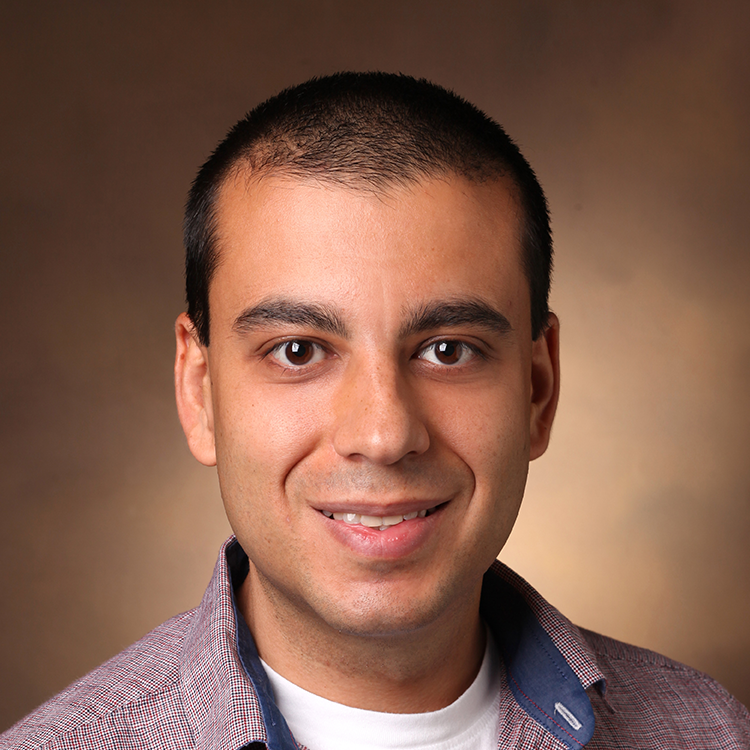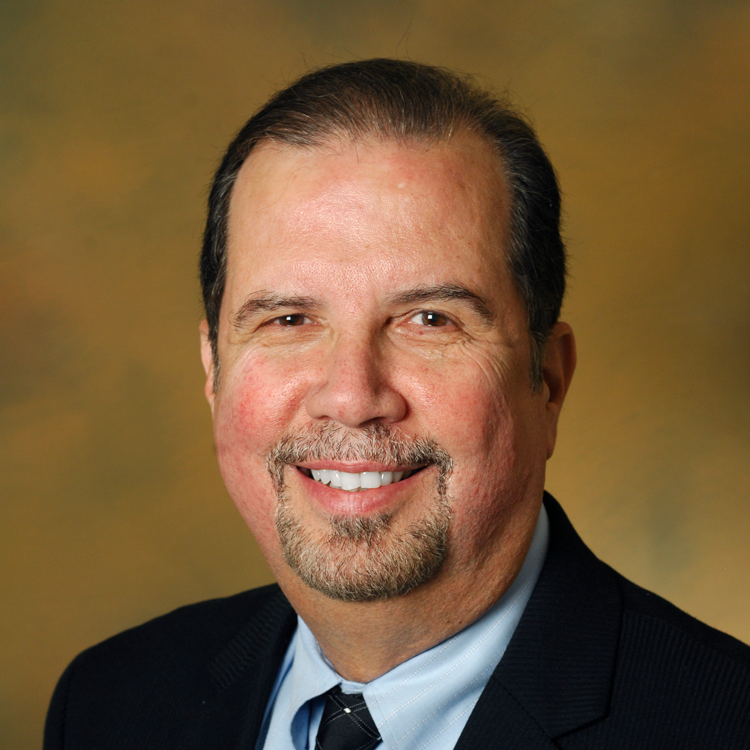The human immune system participates in complex interactions with virtually all other systems in the body. In particular, the B-cell component of the adaptive immune response plays a role in various disease settings, including infectious disease, cancer, autoimmunity, cardiovascular, hematologic, neurologic diseases, and others. In addition, antibodies (a product of B cells) are effectively used in diagnostics, therapy, and prevention. To address these significant challenges with current technologies for B cell characterization and antibody discovery, we recently developed a novel technology that, for a given sample, enables the mapping of antibody sequence to antigen specificity from a single high-throughput experiment for a large number of antigens and B cells at a time. The technology, LIBRA-seq™ (LInking B-cell Receptor to Antigen specificity through sequencing), involves physically mixing a B-cell sample with a (theoretically unlimited) pool of DNA-barcoded antigens, thus transforming B cell-antigen binding into a “sequenceable event”. For each B cell, this enables the simultaneous recovery of: (i) paired heavy-light chain B cell receptor (BCR) sequences and (ii) antigen specificity for all bound antigens.
LIBRA-seq provides a unique opportunity to identify both BCR sequences and high-resolution antigen specificity maps (a measure of whether/how well a given B cell recognizes each of a large set of target antigens), for a large number of B cells at a time. In essence, LIBRA-seq is the only technology that offers all of the following features: (a) Characterization of thousands to tens of thousands of B cells at a time, at the single-cell level; (b) Screening against a large number of antigens at a time; (c) For each B cell, determination of the paired heavy-light chain BCR sequence; (d) For each B cell, generation of a high-resolution antigen specificity map. These features make LIBRA-seq a uniquely enabling technology both for basic and applied immunology.
AbSeek Bio utilizes the power of the LIBRA-seq technology for antibody discovery and B cell repertoire characterization.





